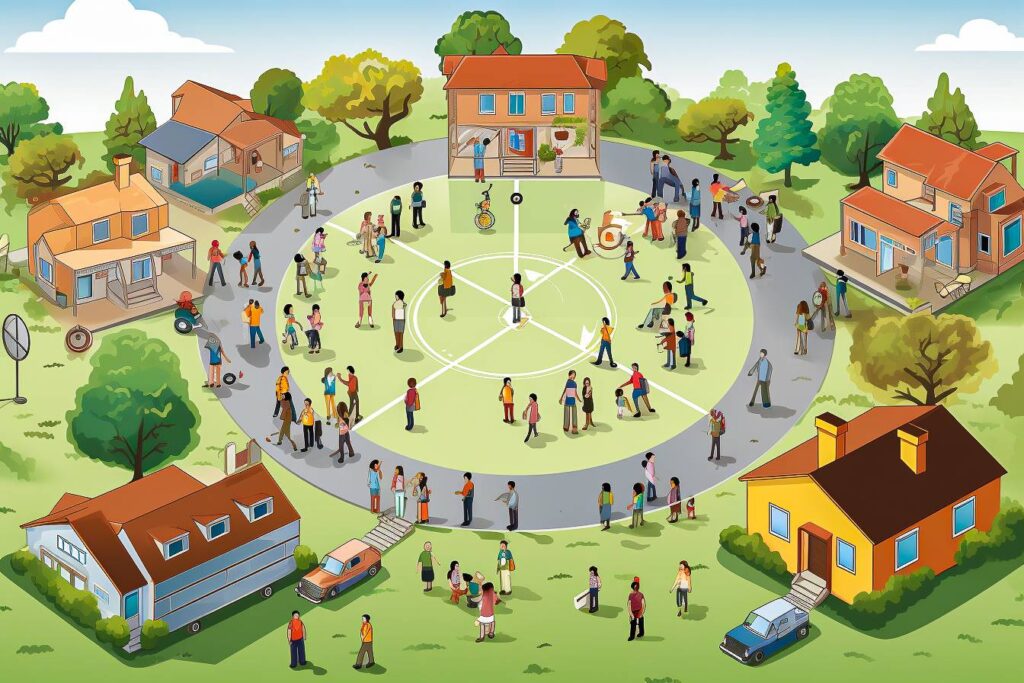Conflict resolution aims to find a compromise or reduce disagreements between individuals, groups or organizations. Each conflict is based on different interests, emotions or values, which must then be identified in order to find a constructive way to resolve these differences. Conflict resolution is not only about ending conflict, but also about promoting understanding, cooperation and ideally improving relations between the parties involved.
One of the key aspects of conflict resolution is communication. Open and honest communication is important to understand the root causes of conflicts and to express individual views. Such communication is based on active listening, in which individuals seek to understand the interests, emotions or needs of others. Equally important is the role of empathy in conflict resolution, as it enables a better understanding of other people’s emotions and perspectives.
Conflict resolution is a process of negotiation leading to compromise. Negotiations aimed at reaching a mutually acceptable agreement. All parties involved must be prepared to make concessions on certain issues in order to maximize the extent to which the chosen solution meets the needs and interests of all parties involved. Compromise, by its very nature, means that no one party gets everything it wants, but all parties involved benefit.
Sometimes it is not possible to resolve conflicts directly between the parties involved, so a neutral third party (mediator) is involved to ensure communication between the conflicting parties. This mediator helps to organize the negotiations or offers solutions to resolve the conflict.
Not all conflicts can be resolved by the parties themselves, even with the help of a mediator, which is why there is a national form of third party, namely the courts. This is a structured form of conflict resolution where a neutral third party (the court) makes decisions based on facts, the decisions made are binding on all parties involved.




